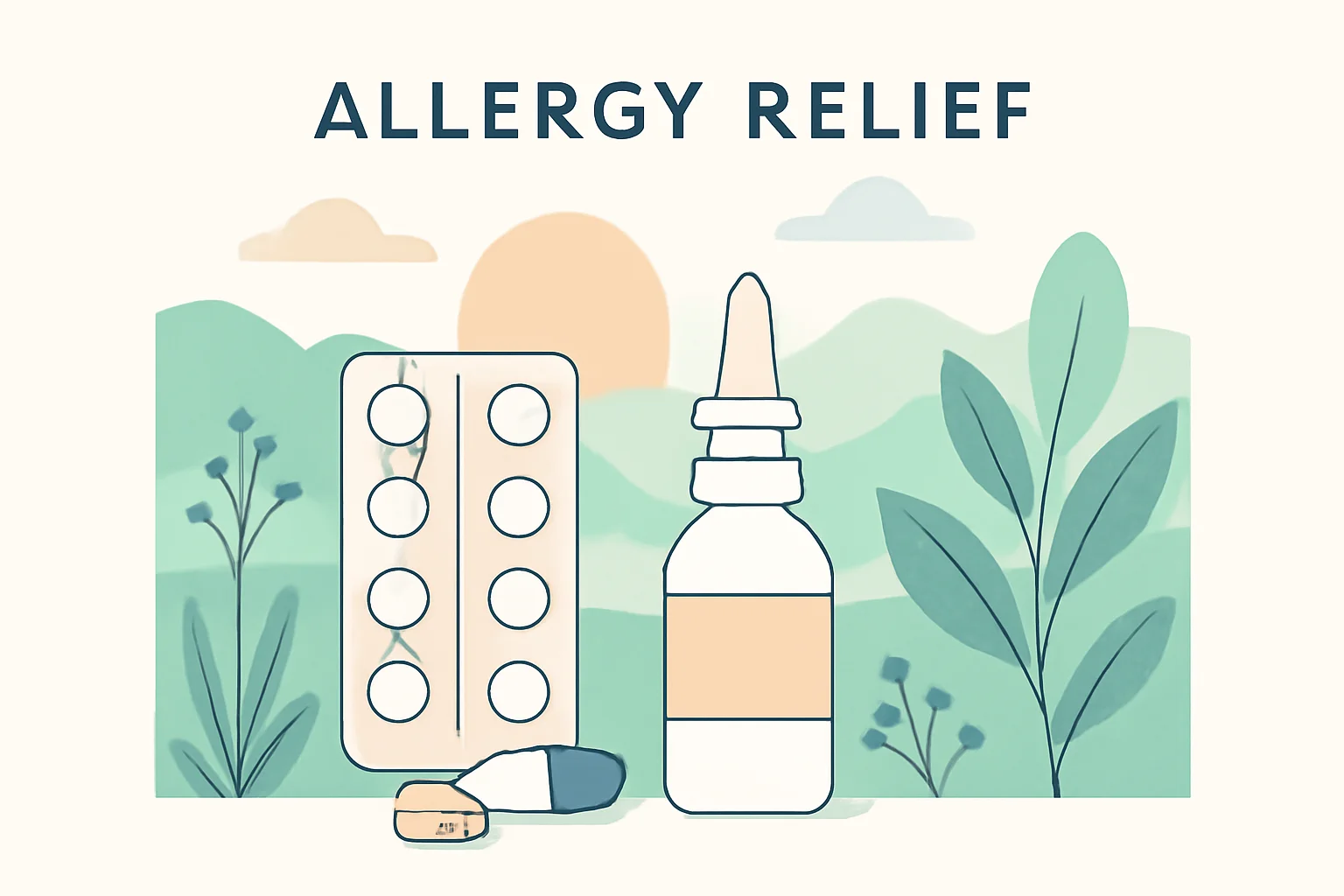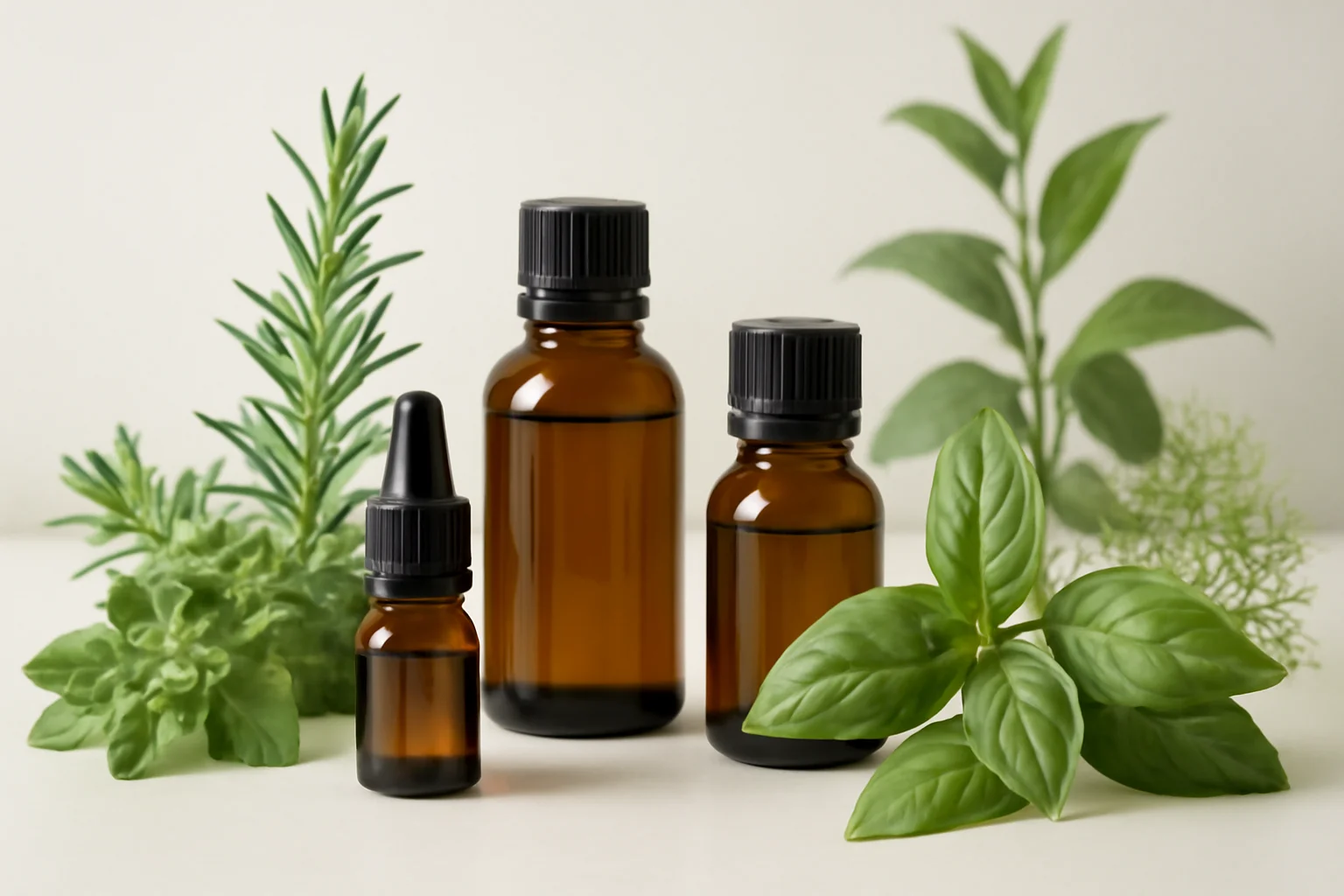
The effect and application of loratadine as an allergy medication
A modern lifestyle and environmental effects have led to more people struggling with allergic symptoms. These issues can take various forms, ranging from hay fever to food allergies, and often cause significant discomfort in daily life. One common way to treat allergies is through the use of medications aimed at alleviating symptoms. Allergy medications encompass a wide range, and many seek effective solutions for their problems.
During the treatment of allergic symptoms, patients often encounter a medication called Lordestin. This preparation has antihistamine properties, which help reduce the body’s allergic reactions. Antihistamines work by blocking histamine receptors, thus alleviating itching, runny nose, and other allergic symptoms. In addition to Lordestin, there are many other allergy medications available, each with different active ingredients and mechanisms.
It is increasingly important for patients to be aware of the effectiveness and side effects of different medications, as the right choice can be crucial in reducing symptoms. Treating allergies is not just about medications; it also involves lifestyle changes and reducing environmental factors. Therefore, alongside selecting the appropriate medication, it is essential for those affected to pay attention to prevention as well.
What is Lordestin and how does it work?
Lordestin is a modern antihistamine developed for the treatment of allergic symptoms. Its active ingredient is desloratadine, which belongs to the third generation of antihistamines. The main aim of the medication is to block histamine receptors, thereby reducing the body’s allergic reactions. The effects of antihistamines generally manifest quickly, and this can be particularly beneficial for those who urgently need relief from symptoms.
Lordestin can be used to treat various allergic conditions, including hay fever and chronic urticaria. The effectiveness of the medication is supported by numerous clinical trials, during which patients reported significant improvement in their allergic symptoms. One advantage of Lordestin is that it typically does not cause drowsiness, a common side effect of older antihistamines. This can be especially important for those who need to remain alert in their daily activities.
The dosage and duration of Lordestin use may vary depending on the patient’s condition. The medication is usually taken once daily, which facilitates its use. However, it is important for patients to consult their doctor to determine the appropriate dosage, as overdose can lead to side effects. While other medications are also available, many choose this preparation due to its effectiveness and safety.
Types of allergy medications and their characteristics
There are several different medications available for treating allergies, which operate through various mechanisms and active ingredients. In addition to antihistamines, there are corticosteroids, leukotriene receptor antagonists, and other drug groups that can be used to treat different allergic conditions.
Antihistamines are among the most commonly used allergy medications. Among these, first-generation preparations, such as diphenhydramine, can cause drowsiness, which is why many prefer second or third-generation antihistamines like Lordestin. Second-generation antihistamines, such as cetirizine and loratadine, generally have fewer side effects and effectively alleviate allergic symptoms.
Corticosteroids, such as fluticasone, can help treat allergic rhinitis due to their anti-inflammatory effects. These are often used in nasal spray form and can be suitable for long-term treatment. However, it is important to use corticosteroids only under medical advice and with appropriate dosing, as long-term use can lead to side effects.
Leukotriene receptor antagonists, such as montelukast, can also be effective in treating allergic asthma. These medications help reduce inflammation and airway constriction, thereby improving breathing. The use of these medications also requires medical supervision, as their effects and side effects can vary.
Side effects and contraindications of Lordestin
Although Lordestin is generally well tolerated, like any medication, it can have side effects. The most common side effects include headache, fatigue, and dry mouth. Additionally, although rare, allergic reactions such as skin rashes or breathing difficulties may occur. If a patient experiences any unusual symptoms while taking the medication, it is important to consult their doctor immediately.
The use of Lordestin may be contraindicated in certain cases. For example, if a patient is allergic to desloratadine or any other ingredient, they should not take this medication. Additionally, patients with gastrointestinal problems should also proceed with caution, as the medication’s effects may influence stomach function.
It is important to note that Lordestin and other antihistamines can affect the metabolism of other medications, so patients should inform their doctor about any other medications they are taking. Pregnant or breastfeeding women should be particularly cautious and seek medical advice before using the medication.
Tips for managing and preventing allergic symptoms
Managing allergic symptoms involves not only taking medications but also considering lifestyle and environmental factors. The following tips can help reduce allergic reactions and prevent symptoms.
First, it is advisable to pay attention to the weather and pollen counts, especially for patients with hay fever. On days with high pollen counts, it is wise to avoid outdoor activities, particularly in the morning when pollen concentration is highest. If one must go outside, wearing a mask and showering immediately upon returning home to remove any pollen that may have settled on the skin is recommended.
Second, it is also beneficial to minimize the presence of allergens in the home. Regular cleaning, vacuuming, and ventilating can reduce the amount of dust, mold, and pet dander. The use of air purifiers can also help improve air quality, particularly during allergy seasons.
Third, proper nutrition and vitamin intake can help boost the body’s defenses. Foods rich in omega-3 fatty acids, such as fish, as well as the consumption of fruits and vegetables, can strengthen the immune system. Additionally, staying hydrated is important, as adequate water intake can help keep mucous membranes moist and alleviate symptoms.
Finally, stress management plays a key role in managing allergic symptoms. Stress can exacerbate allergic reactions, so it is worthwhile to practice relaxation techniques, such as meditation or breathing exercises.
This article does not constitute medical advice, and individuals should always consult a doctor for health issues.

